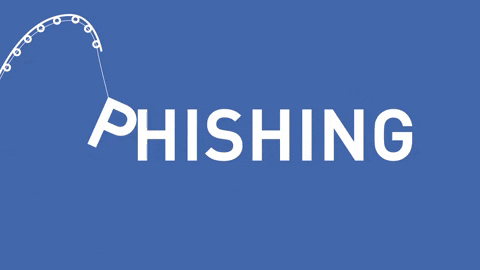
Barracuda’s new research reveals that cybercriminals increasingly use web translation services, send image-only emails, and insert special characters into URLs to make them look legitimate.
Barracuda’s Threat Spotlight report found that phishing attacks have become increasingly sophisticated, with criminals using a variety of tactics to evade detection in January 2023.
“Phishing is a common starting point for many cyberattacks, including ransomware, financial fraud, and credential theft, and cybercriminals continue to develop their phishing approaches to trap unwary recipients and avoid being spotted and blocked,” said Olesia Klevchuk, product marketing director, Email Protection at Barracuda.
In January 2023, one in eight (13 per cent) organisations were targeted using Google Translate web links, with an average of eight emails sent monthly.
Analysts from Barracuda have found that attackers are using poorly-formed HTML pages or languages that Google cannot translate to prevent the translation of their malicious websites. Google responds with a link to the original URL stating it cannot translate the page.
The findings suggest that cybercriminals increasingly rely on image-based phishing attacks.to target victims and gain access to sensitive information.
Additionally, phishing emails using special characters have become a more frequent problem in January 2023. On average, organisations received an estimated four such phishing emails during the month, while 15 percent of all organisations were targeted by at least one of these attacks.
“To defend your organisation, you need AI-enhanced email protection that can inspect the context, subject, sender, and more to determine whether a benign-looking email is, in fact, a well-disguised attack. You also need to train your employees to understand, identify and report suspicious messages, plus tools that enable you to quickly identify and remove any traces of malicious mail from user inboxes and compromised accounts should a malicious email manage to break through,” Klevchuk said.
This latest research highlights the need for organisations to remain vigilant in defending against phishing attacks and ensure that their security measures are up-to-date.

More Stories
Killnet and AnonymousSudan Collaborate to Launch Cyber Attacks on Western Organisations
In recent news, it has been reported that two Russia-sympathetic hacktivist groups, Killnet and AnonymousSudan, have allegedly launched a series...
$4000 Gone In An Instant: Mother Defrauded in Facebook Marketplace Car Deal
A mother of four is warning others to be cautious after believing she had purchased a safe and dependable car...
Shocking Scam: Sydney Family Loses $200K Life-Savings in Suncorp Spoofing Fraud
A family from Sydney has lost their life savings worth $200,000 due to a fraudulent scam. Peter and Madison, who...
Mysterious Money Transfer Leaves Couple Speechless: How They Got an Unsolicited $4000
A young couple in Melbourne claims their bank is making up a personal loan they do not understand. Ashley and...
Phishing + AI + Voice Cloning= Big Trouble: The New Way Criminals are Stealing Your Money
New Alert: Criminals use AI and voice cloning to trick you out of your money. Earlier this year, Microsoft unveiled...
‘Impossible to Spot’ Delivery Scam Email Targets Australia Post Customers – Don’t Fall Victim!
Unsuspecting shoppers should be cautious as a parcel delivery scam that is hard to distinguish targets Australia Post customers. Email...


